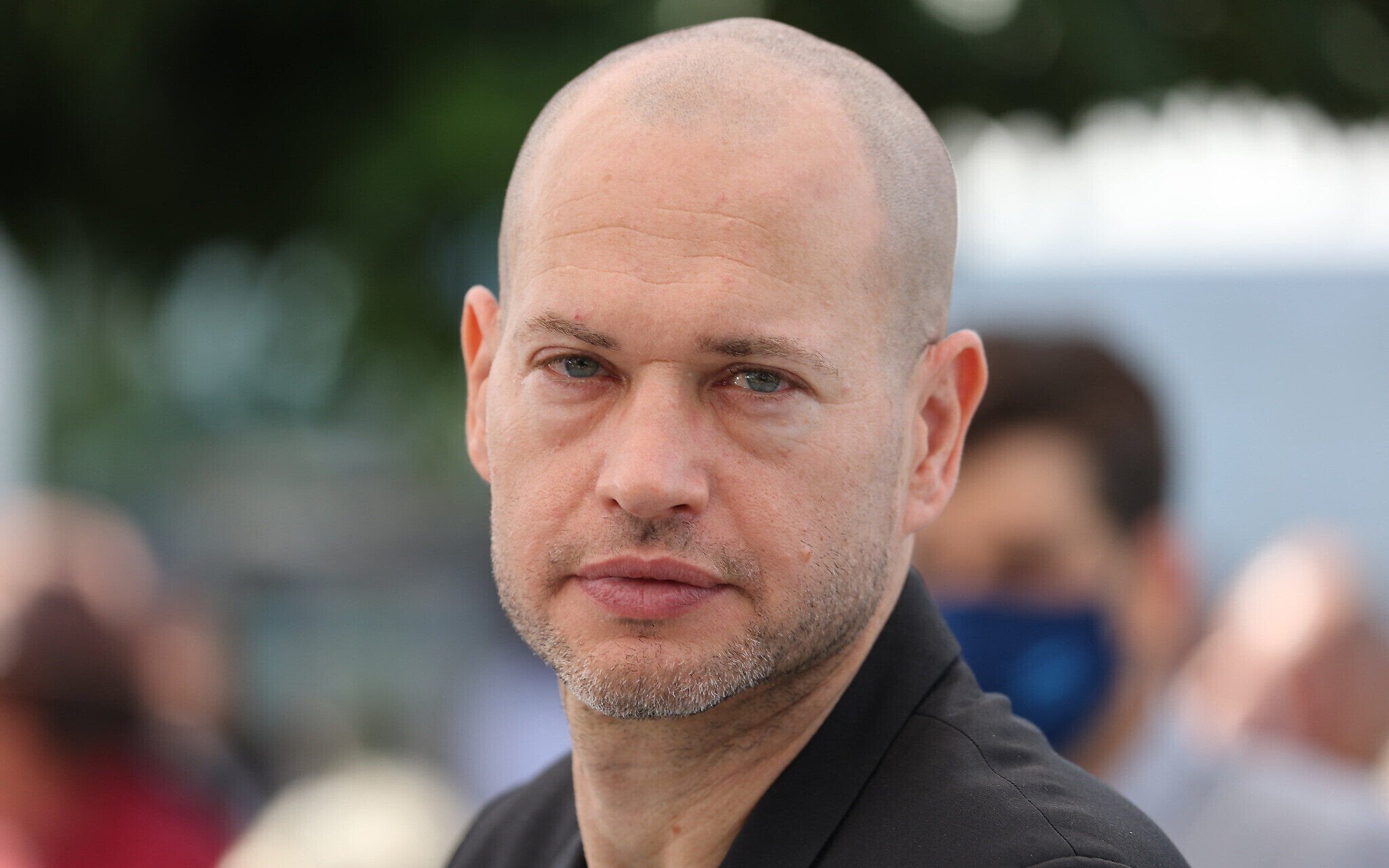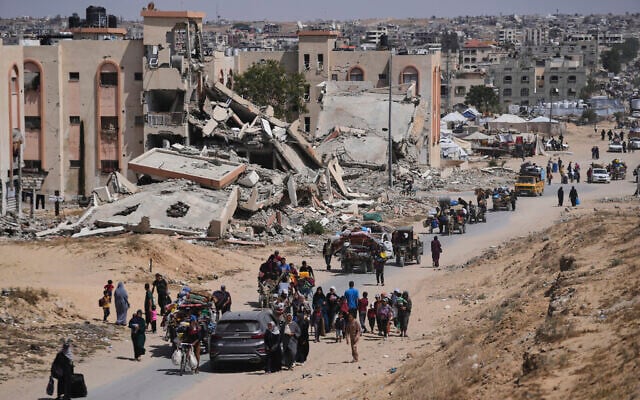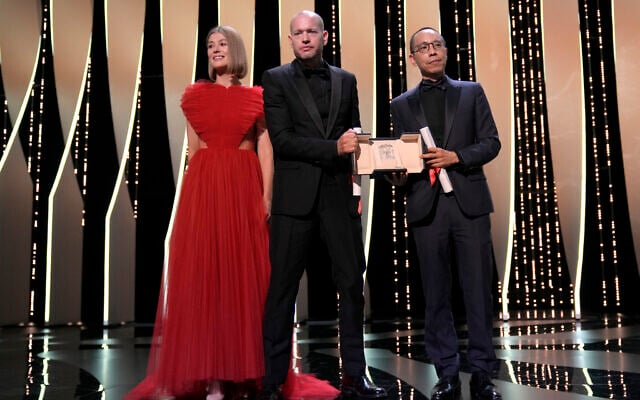



Director Nadav Lapid said his new film “Yes,” about a musician asked to rewrite Israel’s national anthem, is a response to his country’s “blindness” to suffering in Gaza.
Lapid has previously dissected his country’s ills in “Synonyms,” which won the Golden Bear in Berlin in 2019, and “Ahed’s Knee” (2021).
In “Yes,” he portrays a society buried under its own “dark side” since the Hamas onslaught of October 7, 2023, when thousands of terrorists invaded southern Israel to kill some 1,200 people and take 251 hostage, sparking the war that has devastated the Gaza Strip.
“Blindness in Israel is unfortunately a fairly collective illness,” the 50-year-old director told AFP at the Cannes festival where “Yes” premiered on Thursday.
Over nearly two and a half hours, it follows a musician named Y, who is commissioned by the authorities to rewrite Hatikvah (the hope), Israel’s national anthem, into a propaganda piece calling for the eradication of Palestinians.
“What happened on October 7, the level of horror and cruelty, pushed everything to a biblical scale,” he said. “The great Israeli fantasy… of waking up one day to find the Palestinians gone has become a political program.”
He added that “very few people are standing up to say that what is happening in Gaza is unbearable” and that there is “a kind of consensus about the superiority of Israeli lives over Palestinian lives.”
In one scene, Y and his wife (Shai Goldman) continue feeding their baby while glancing indifferently at their phones, which display notifications of new deadly airstrikes in Gaza.
In another, a small crowd gathers on a rooftop to dance joyfully to the sound of fighter jets overhead.
On the eve of the Cannes festival, Lapid was among more than 380 film figures, including major Hollywood actors, to sign an open letter condemning the film industry’s silence on what it called “genocide” in Gaza. Israel, which is accused of the crime in the International Court of Justice, has angrily rejected the charge, saying it makes every effort to minimize harm to innocents in a battle against an enemy who uses the civilian population as human shields.
Lapid said he had to overcome numerous obstacles before starting the film, which was carried out in “guerrilla mode” as the Israeli offensive in Gaza was underway.
Technicians and actors pulled out, and some backers chose not to get involved.
“I was told people no longer make political films on these subjects. They no longer want films for or against” the war, said the director.
“Yes” also refers to the only answer artists are allowed to give in Israel when asked about their support for the war, according to lead actor Ariel Bronz.
“Our first duty as artists is not to go where the wind is blowing,” said Bronz, who caused uproar in 2016 by inserting an Israeli flag into his anus during a performance in Tel Aviv.
“We need to pay a personal price and it’s a real struggle to survive in this position where you’re totally isolated in your own country,” he told AFP.
French producers backed the film and there was also support from an independent Israeli public fund despite its biting tone.
“Yes” will open in European cinemas in September, but no Israeli distributor has so far agreed to screen it.
“If I didn’t have inside me the ambition, the hope, the pride and the fantasy to shake things up, I wouldn’t have made it,” Lapid added.
“I think society needs a shock, and I hope this film will be one.”
According to Gaza’s Hamas-run health ministry, over 53,000 people have been killed in Gaza since the onslaught that sparked the war there. The figures cannot be independently verified and do not distinguish between civilians and combatants. Israel says it has killed some 20,000 gunmen in battle as of January, as well as about 1,600 terrorists inside Israel during the onslaught.


